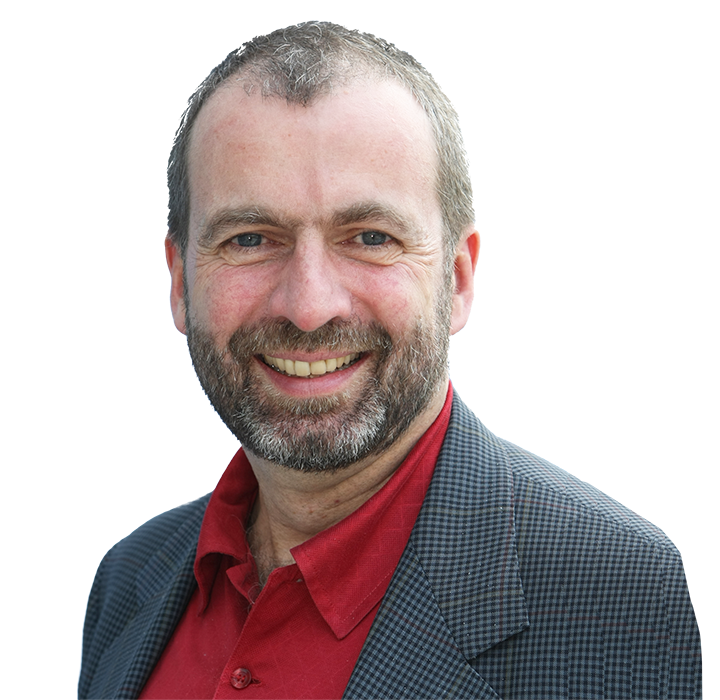
Dear colleagues,
In this edition of the FacultyFocus, we launch our newly revised AO Spine Curriculum and update you on the latest research outcomes from the AO Spine Knowledge Forums.
Welcome to the latest edition of FacultyFocus.
When I began my term as AO Spine Education Commission chairperson in 2017, I had just completed a master’s degree in surgical education and was determined to integrate some of the concepts I had learned—such as learner needs assessment, curriculum-based education and blended learning delivery—into the global education process.
Since 2010, the AO Spine Curriculum had been embedded in course planning but the assessment of learners’ needs for educational events had been haphazard. With the assistance of the AO Education Institute, in 2017 we completed a worldwide needs assessment which revealed a consistent pattern across the regions. Spine surgeons wanted to know more about minimally invasive spine surgery (MISS) techniques, improve their knowledge of degeneration and deformity, and be educated in face-to-face courses relevant to their own practices. Armed with this information, I concentrated on developing MISS courses that were based on hands-on training under expert supervision. These have been the core offerings at the annual AO Davos Courses for the last three years and the MISS taskforce has successfully developed a specific curriculum and nomenclature for MISS teaching worldwide.
Blended learning combines traditional educational strategies with more innovative ideas such as online precourse learning and moderated discussion, simulation, and workplace-based instruction. All of these concepts have been incorporated into our events around the regions and beginning next year, a new flagship training program in spine surgery using entirely online resources and teaching will be launched. The template for this modular program is a revision of the original curriculum to reflect the day-to-day work of spine surgery using entrustable professional activities (EPAs) as the framework.
To accommodate already-experienced spine surgeons who desired recognition of their knowledge to further their careers, we conducted the first Global Spine Diploma examination this year with a first part multiple-choice-question (MCQ) test in February 2020. The successful candidates will complete an oral exam in the second half of the year.
My term ends on June 30 and as I hand over the reins to my successor, Emre Acaroglu, I thank the AO Spine education team in Dubendorf and Davos, Switzerland, for their dedication and support in achieving these milestones. And finally, I wish to acknowledge the enormous efforts of all of my colleagues who have given their time and wisdom to advance the ultimate aim of improving our patients’ outcomes through the continuous lifelong development of skills, knowledge and best practices.
With best wishes,

Bryan Ashman
Chairperson, AO Spine Education Commission